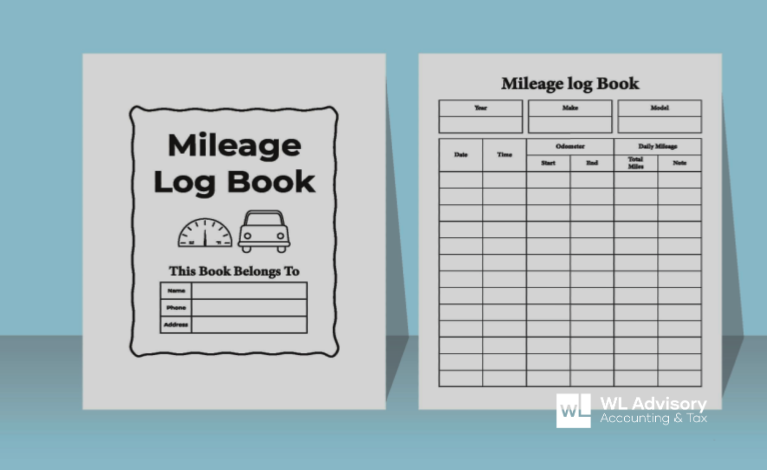FBT and car logbooks
With the end of the FBT year approaching, are your car logbooks in order?
Requirements
The operating cost method is used by many employers to calculate their car FBT liability. This method is particularly effective where the business use of the vehicle is high. Keeping a logbook is essential to use the operating cost method.
Employees need to prepare a logbook for any vehicle that you provide them with where there is an element of private use. The logbook period is for 12-weeks, which must be representative of typical usage. For example, a period where an employee is taking a block of annual leave is not representative.
Where employees share a vehicle during a year, each employee will need to prepare a logbook to substantiate their respective business use percentage.
Logbooks are valid for five FBT years (including the year the logbook is prepared), provided there is no significant change in the vehicle’s business use. Once the five-year period expires, a new logbook will need to be kept if you wish to continue using the operating cost method. Therefore, if a logbook was last prepared in 2017/18, a new logbook is required for this FBT year (2022/23).
As noted, a new logbook will need to be prepared where there is a significant change in the business use of a vehicle. Indeed, it is in an employer’s interests for a new logbook to be prepared where the business use of the vehicle increases, as this will result in a decreased FBT liability.
The logbook
With just weeks to go in the FBT year, if a new logbook is required to be kept, but has not yet been…don’t panic! The 12-week period can overlap two FBT years provided it includes at least part of the relevant year.
The logbook must contain:
- when the logbook period begins and ends
- the odometer readings at the start and end of the logbook period
- the total number of kilometres travelled during the logbook period
- the number of kilometres travelled for each journey. If you make two or more journeys in a row on the same day, you can record them as a single journey
- the business-use percentage for the logbook period
- the make, model, engine capacity and registration number of the car.
For each journey, record the:
- reason for the journey (such as a description of the business reason or whether it was for private use). Note that a generic description of a journey, such as ‘business use’, is not adequate
- start and end date of the journey
- odometer readings at the start and end of the journey, and
- kilometres travelled.
These entries should be made contemporaneously, as soon as possible after each trip.
General misconception
It’s a common misconception among employers with commercial vehicles, such as dual-cab utes, that they are automatically exempt from FBT and therefore there is no requirement to maintain a logbook. This is generally only the case where the private use is negligible.
If you are uncertain about your FBT logbook obligations, contact us. Book an obligation-free appointment with us if you have any questions.
WL Advisory is a Chartered Accounting firm. We specialise in accounting, tax and advisory services for individuals and small businesses. Please visit our website for more information.
